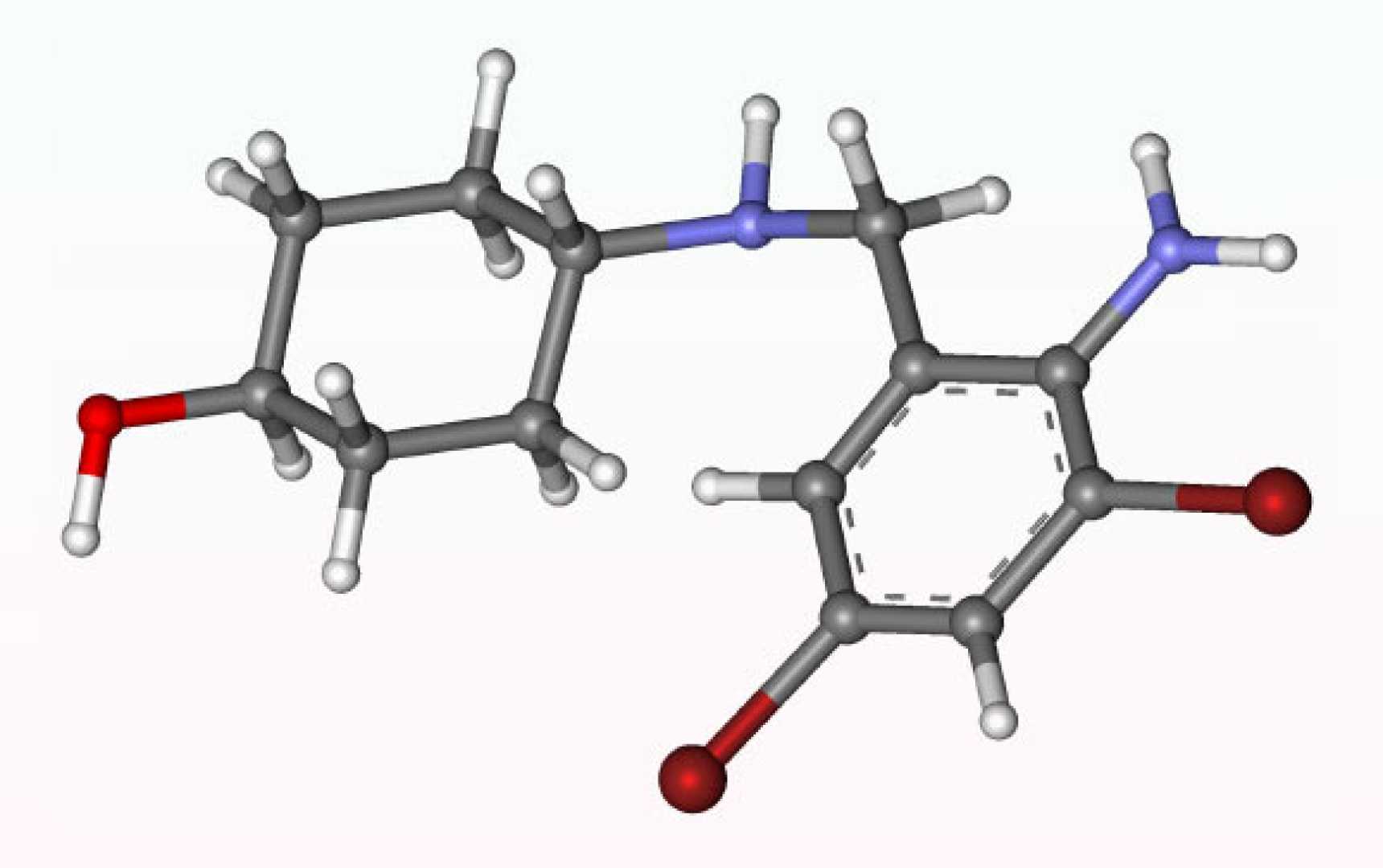Health
Study Shows Ambroxol May Slow Cognitive Decline in Parkinson’s Dementia

London, Ontario — A clinical trial published today in JAMA Neurology suggests that Ambroxol, a common cough medicine in Europe, could potentially slow cognitive decline in individuals with Parkinson’s disease dementia (PDD).
The 12-month study conducted at Lawson Research Institute involved 55 participants diagnosed with PDD. Researchers monitored memory, psychiatric symptoms, and GFAP, a blood marker associated with brain damage.
Ambroxol, which has been used safely in Europe for decades, was administered to one group of participants while the other group received a placebo. Lead researcher Dr. Stephen Pasternak, a cognitive neurologist, expressed hope for the findings. “Our goal was to change the course of Parkinson’s dementia,” he said. “This early trial offers hope and provides a strong foundation for larger studies.”
Key results indicate that Ambroxol was safe and well-tolerated. Notably, psychiatric symptoms remained stable in the Ambroxol group, while those in the placebo group showed clinically significant worsening. Additionally, participants carrying high-risk GBA1 gene variants exhibited improved cognitive performance on the drug.
Another encouraging finding was that GFAP levels, indicative of brain cell damage, increased in the placebo group but remained stable for those taking Ambroxol, suggesting potential brain protection.
Ambroxol works by boosting glucocerebrosidase (GCase), an enzyme often deficient in Parkinson’s patients. When GCase levels are low, harmful waste accumulates in brain cells, leading to damage.
Although Ambroxol is approved for treating respiratory conditions in Europe and has a strong safety record, it is not yet approved for use in Canada or the U.S. “Current therapies for Parkinson’s disease and dementia address symptoms but do not stop the underlying disease,” Pasternak pointed out.
The study was funded by the Weston Foundation and is seen as a significant step toward developing new treatments for Parkinson’s disease and related cognitive disorders. Dr. Pasternak and his team plan to initiate follow-up clinical trials focused specifically on cognition later this year.












